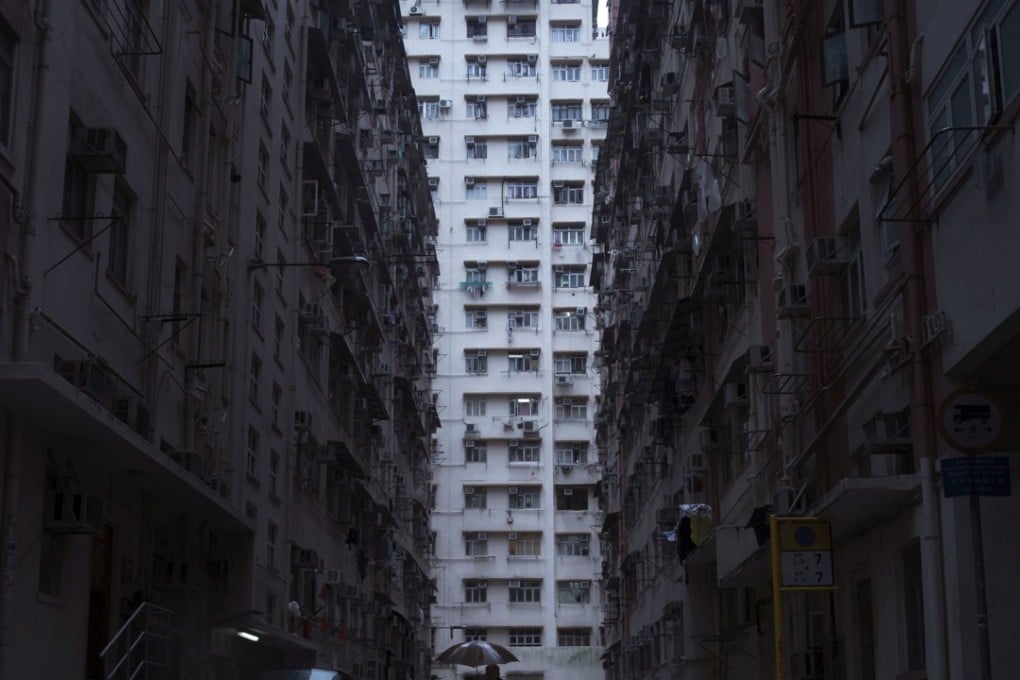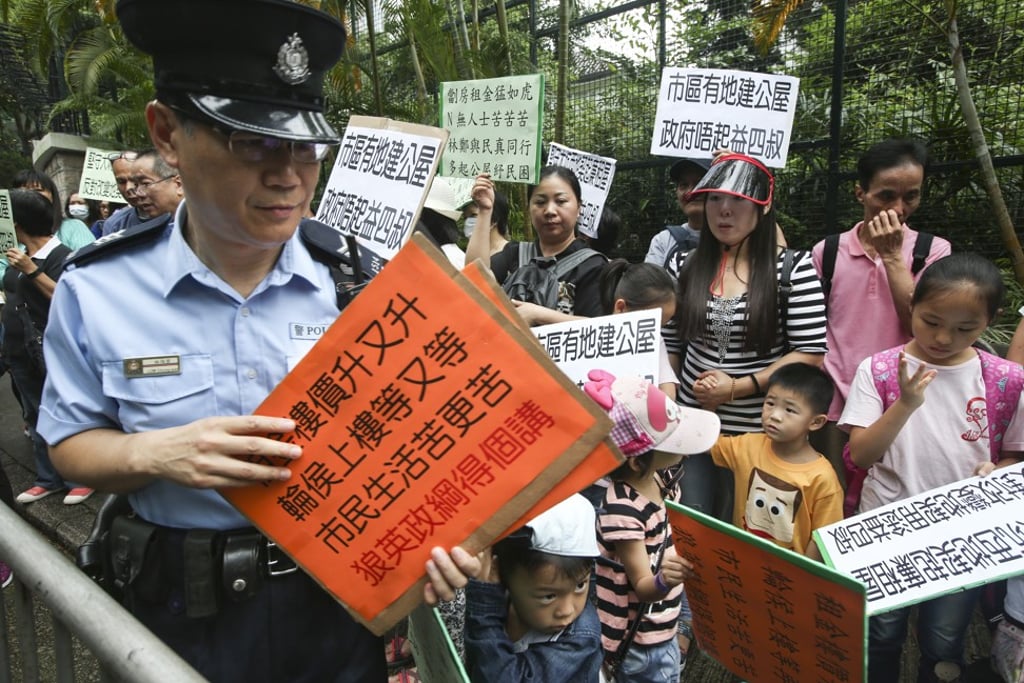The View | Hong Kong needs to wake up and smell the coffee to stay relevant
This city must break the nexus between its vested interests and government, for Hong Kong to remain relevant.

The future belongs to those who can change it.
“Now we are finally masters of our own house,” said Hong Kong’s first Chief Executive Tung Chee-hwa, in a speech on that rainy night on June 30 in 1997. That has proven to be a fateful remark 20 years on.
During a 20-year period of great change and upheaval, where China emerged as an economic power and decisively overtook Hong Kong’s perceived superiority, the city’s paltry mantra was to “get close to China” or “no changes after 1997”. Hong Kong’s stubborn inability to adapt in the face of facts is largely responsible for its current woes.
One outcome is that the Basic Law has been diminished. It was needed in 1997 because neither side knew what to expect, and needed constitutional guidelines.

Hong Kong’s government and business elite failed to convincingly explain and sell the “Hong Kong story” to Beijing. By concentrating on their own interests, they have gradually and perniciously weakened the city.
